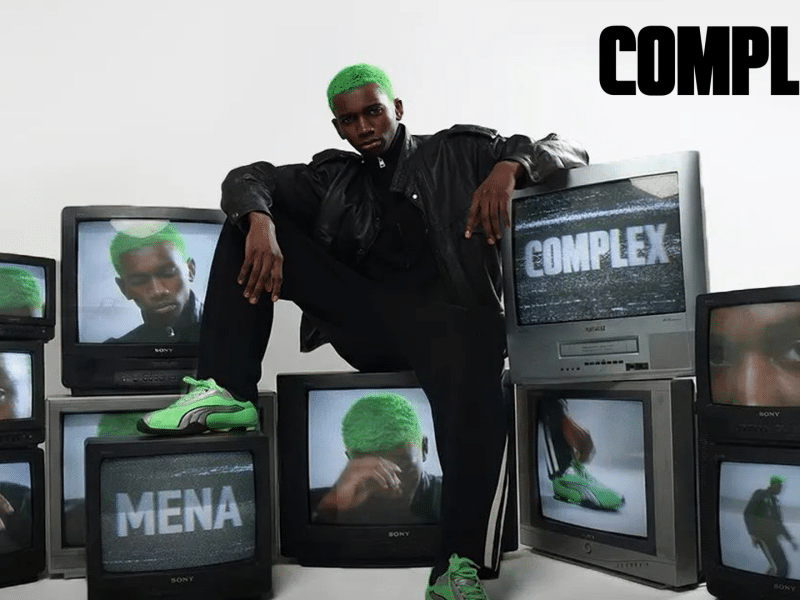Influencers, we hope you’ve been saving up your dirhams.
New information reveals UAE-based influencers and creators will need two different licenses under the new National Media Council regulations, if they plan to continue making money from their blogs, social media and YouTube channels.
Al Tamimi & Co Senior Associate Fiona Robertson said that influencers will need to obtain both a trade license and special e-media license if they want to operate in the UAE.
“The e-media [license] is Dh15,000. Trade licences vary depending on the type of licence and where they are obtained. Do note that a freelance visa is able to be used as a trade licence,” Robertson said.
The two licenses will be mandatory for all influencers operating in the UAE, including influencers that accept free gifts and experiences in exchange for coverage on their channels.
Back in March, the NMC announced their plans to implement an “influencer license.”
Many were under the impression that influencers would only need to apply for one license (i.e. the special e-media license) in order to continue their business here in the UAE. Now, it’s clear they will need to obtain two permits in order to legally operate.
While the new laws are currently in effect, the NMC has said that influencers will have until the first week of June to apply for their license. Those that fail to comply with the new laws risk having their accounts shut down and being fined Dh5,000.
How will these new laws affect international influencers, who may be flown into Dubai to work directly with a brand?
Robertson makes it clear that the new law applies to “. . . electronic media activities carried out within the State, including those in free zones.”
“The question of application to those that fly in and out would be quite complex, based on a number of factors relating to the particular circumstances of each influencer,” she said.
“In any event, we will receive better guidance from the actions of the National Media Council once they being to prosecute unlicensed operators or others than infringe the Resolution or any other laws.”
Will the new NMC influencer licensing laws affect influencer marketing here in the UAE?
There’s no doubt that micro-influencers will be hit the hardest out of all the influencers in the country.
“The new regulations will definitely see a decline in micro-influencers, as most of them do this as a part time job and paying a huge sum for a trade license might not be profitable for them,” Wavemaker Global Influencer Lead Nilofer Kassam said.
She notes this isn’t necessarily a bad thing for brands or marketers in the region.
“In the last year, there has been a surge of micro-influencers in the region, and as a marketer it’s tough keeping up. The new [licensing] laws will help filter out the ones that are not legitimate and help regulate content and price,” Kassam said.
Going forward, brands and marketers will probably need to take a hard look at their influencer marketing strategy and be open to change.
“Brands will have to re-adapt their strategies and ensure that they are working with influencers who are properly licensed,” Havas PR Head of Communications Dana Tahir said.
“This will probably mean looking at a smaller pool of influencers, as well as looking at influencers who are not based in the UAE, but have high reach within the nation as well as across the region.”
She expects that we will see brands working with a fewer influencers on long term projects, as opposed to more influencers on short term projects.
What about influencer rates? Will those change?
As the new licenses will be a costly investment for influencers, brands and marketers shouldn’t be surprised if they see an increase in influencer rates in the near future.
“We believe that many of influencers will join influencer management agencies that can help to facilitate matters for them. As a result, there will likely be an increase in rates,” Tahir said.
“Whether or not brands are willing to pay more will depend on the type of brand, campaign, content, and agreement.”
While obtaining two licenses in order to legally operate may be inconvenient for some influencers, many in the industry are convinced the new NMC laws are a good thing.
“In the long run, this is beneficial for both brands and marketers as the e-license will regulate the quality of influencers (as they will be more accountable) and, therefore, the outcome of the collaboration will be richer,” Kassam said.
“It’s no longer a hobby but an actual profession. Everyone will start taking it seriously.”
What are your thoughts on the new NMC influencer licensing laws? Let us know in the comments below.
Interested in obtaining a media license from the NMC? For more details check out their website.




